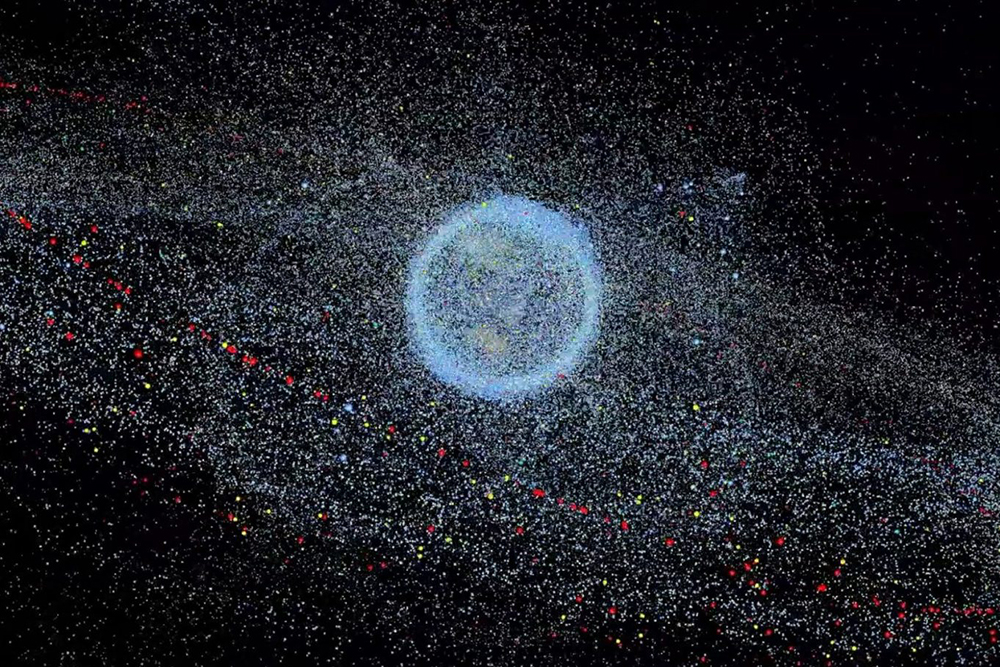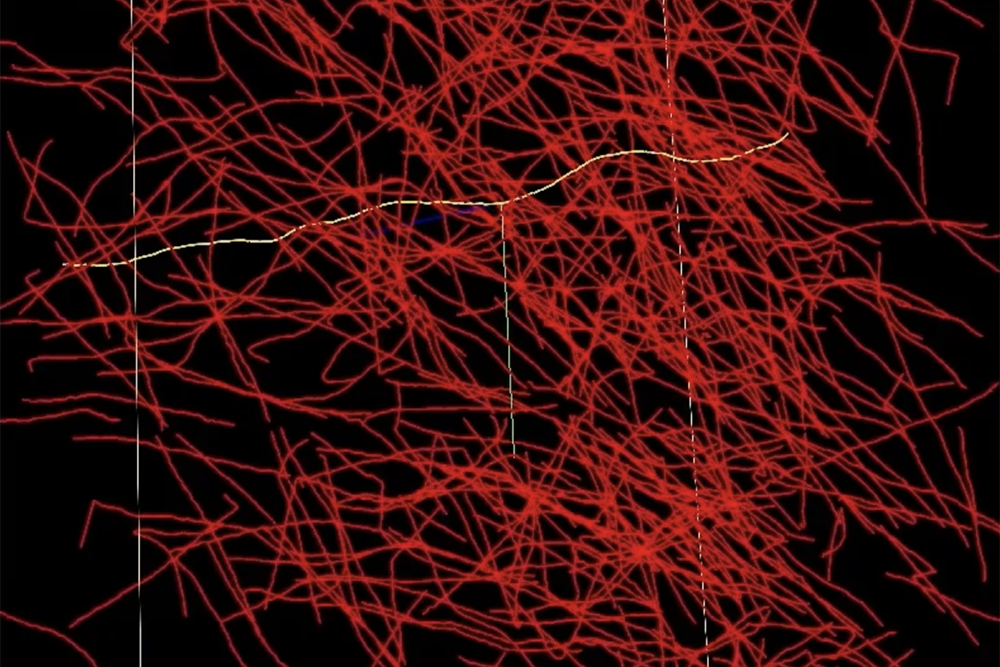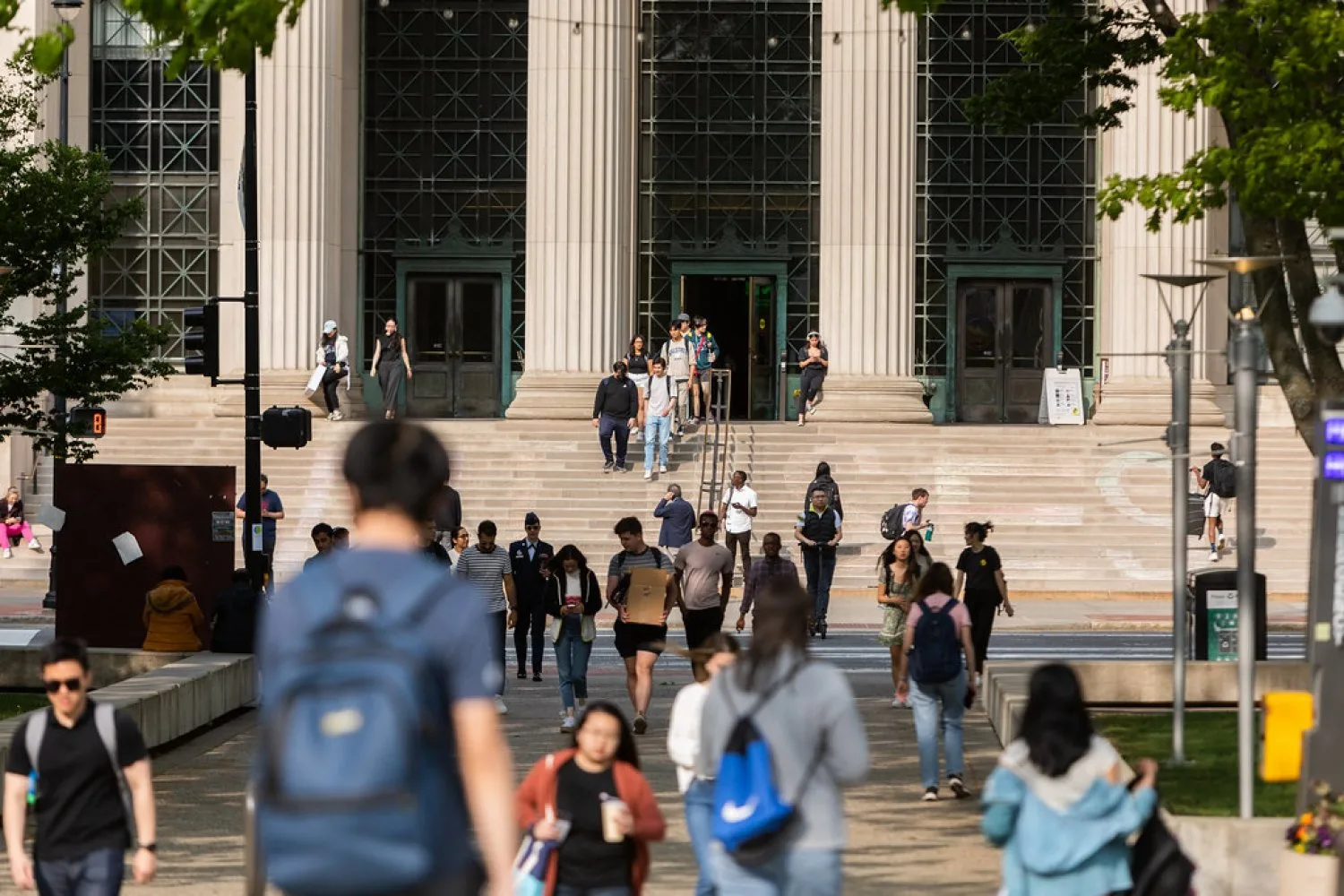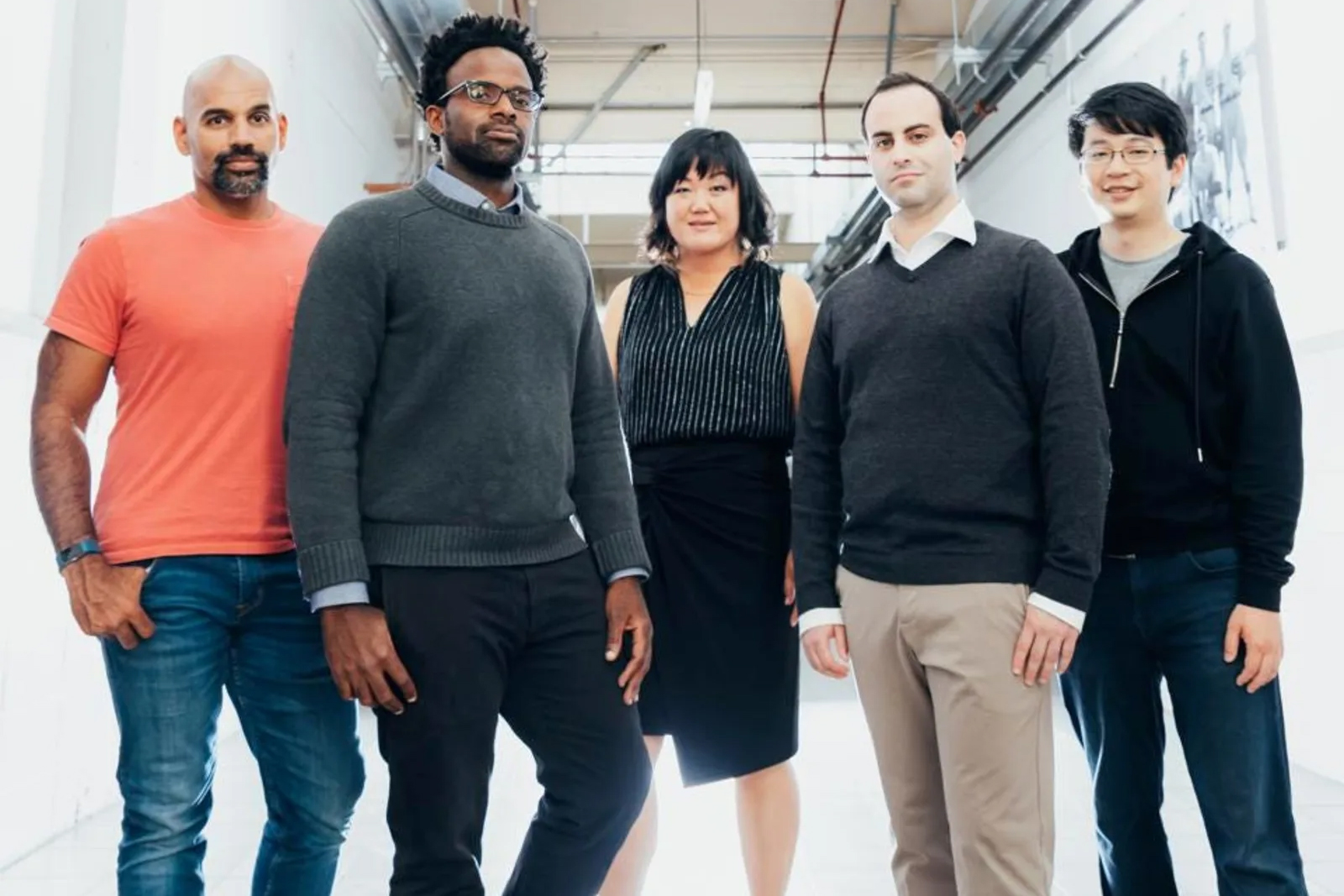The surge in satellite launches has dramatically transformed Earth’s orbit, with small satellite technology becoming increasingly cost-effective. In 2023 alone, approximately 2,877 satellites were deployed, enhancing capabilities across various sectors, including broadband internet access and climate monitoring. However, this rapid growth has raised significant safety and environmental concerns, highlighting the need for more effective monitoring and analysis of satellite activities to avert potential collisions and other hazards.
In response to these challenges, the MIT Astrodynamics, Space Robotics, and Controls Laboratory (ARCLab) initiated the MIT ARCLab Prize for AI Innovation in Space. This innovative competition invited participants to leverage AI technology to analyze the Patterns of Life (PoLs) of satellites. By utilizing only passively collected data, participants were tasked with developing algorithms to decode the long-term behaviors of satellites in orbit. Over a six-month period, 126 teams utilized machine learning techniques to classify and timestamp the operational modes of geostationary satellites, competing for accuracy and efficiency.
With financial backing from the U.S. Department of the Air Force-MIT AI Accelerator, the competition offered a total prize pool of $25,000. A panel of experts from ARCLab and MIT Lincoln Laboratory judged the entries based on clarity, innovation, technical quality, and reproducibility, with scores allocated out of a maximum of 100 points. The winners of the competition have now been announced:
First Prize Winner: David Baldsiefen — Team Hawaii2024
Claiming the top spot with a score of 96, Baldsiefen is awarded $10,000 and will present his findings at the Advanced Maui Optical and Space Surveillance Technologies (AMOS) Conference in Hawaii this fall. An evaluator praised his work, stating, “Clear and concise report, with very good ideas such as the label encoding of the localizer. Decisions on the architectures and feature engineering are well reasoned. The code provided is also well documented and structured, allowing for easy reproducibility of the experimentation.”
Second Prize: Binh Tran, Christopher Yeung, Kurtis Johnson, Nathan Metzger — Team Millennial-IUP
With a commendable score of 94.2, Team Millennial-IUP will receive $5,000 and join the ARCLab team at the AMOS conference. Evaluators noted their sensible model selection and impressive efficiency improvements, along with the clear and accessible nature of their report.
Third Prize: Isaac Haik and Francois Porcher — Team QR_Is
Haik and Porcher earned the third prize with a score of 94, sharing a cash award of $3,000 and joining the ARCLab team at the AMOS conference. One evaluator remarked on their “informative and interesting report,” emphasizing the effective combination of machine learning and signal processing techniques.
Teams placing fourth through seventh will each receive $1,000 and a certificate of excellence.
Professor Richard Linares, head of ARCLab, remarked on the competition’s success, saying, “The goal was to promote an interdisciplinary approach to solving complex problems in the space sector by inviting AI experts to apply their skills. All the winning teams demonstrated exceptional technical skill and creativity.”
Revolutionizing Satellite Monitoring with Passive Data
Throughout a geostationary satellite’s operational life, operators send commands to engage various behavioral modes, from station-keeping to end-of-life protocols. Patterns of Life (PoLs) encompass the complete suite of a satellite’s on-orbit behaviors, including both natural and artificial activity.
ARCLab has pioneered a state-of-the-art benchmarking tool for analyzing geosynchronous satellite patterns of life, notably through the Satellite Pattern-of-Life Identification Dataset (SPLID), which features real and synthetic data on space objects. Participants utilized this tool to develop AI algorithms that accurately map satellite behaviors.
The MIT ARCLab Prize for AI Innovation in Space aims to inspire technologists and enthusiasts to contribute innovative solutions to longstanding challenges in aerospace. The competition is slated to continue in 2025 and 2026, focusing on new topics and expanding AI applications to tackle emerging challenges in the field.
Photo credit & article inspired by: Massachusetts Institute of Technology



